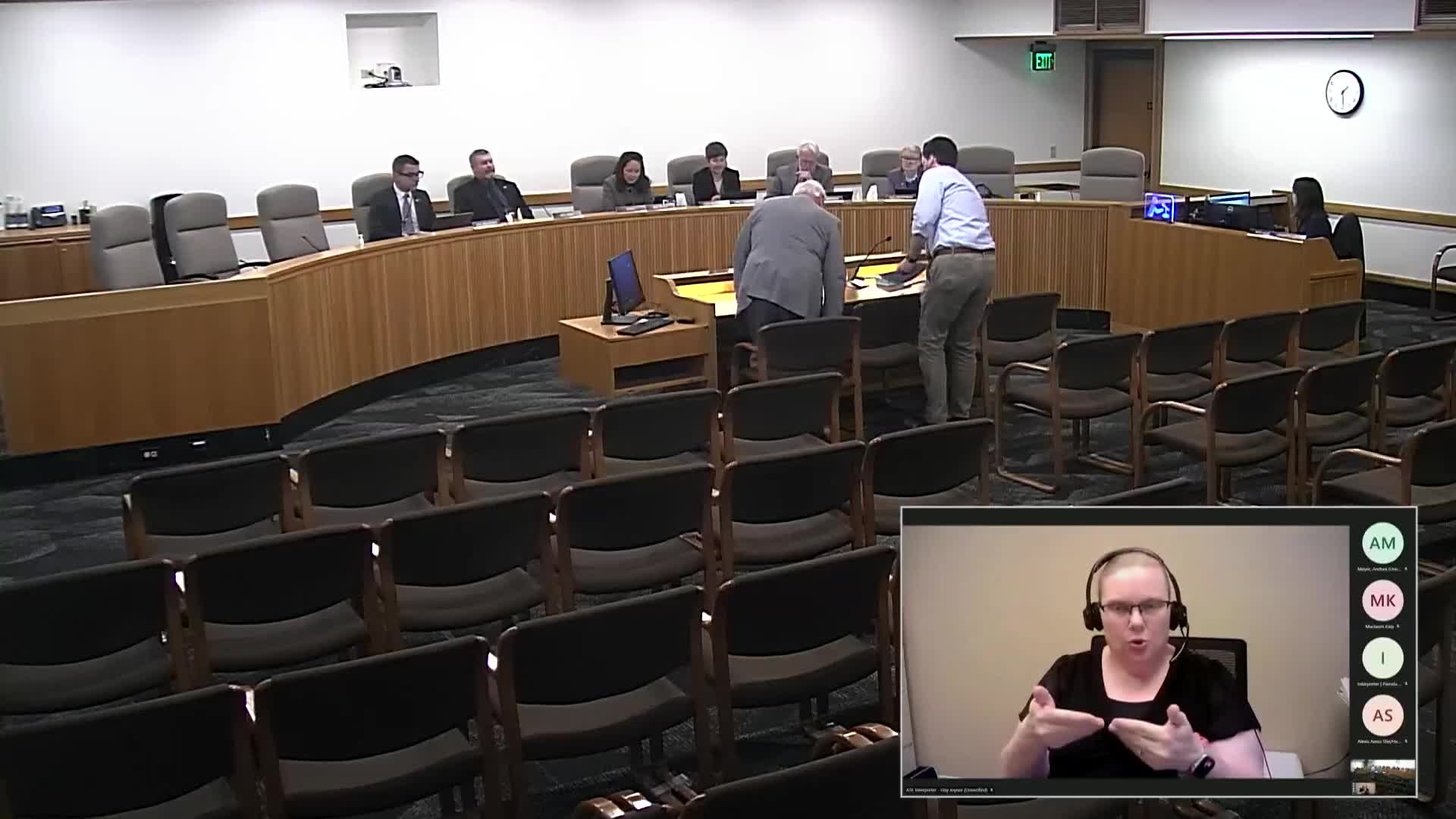Bill would require landlords to offer non‑phone access option for controlled‑entry residences
Get AI-powered insights, summaries, and transcripts
Subscribe
Summary
House Bill 3378 would require landlords to provide at least one alternative means of entry — a fob, key card, code, or physical key — in addition to smartphone apps, and to maintain working locks and window latches; sponsors and advocates cited equity, privacy, and habitability concerns.
House Bill 3378 would require residential landlords to offer an alternative method of accessing a dwelling unit — such as an access code, fob, key card, or physical key — if a building uses tenant‑owned phone apps for entry, sponsors told the Senate Committee on Housing and Development at a public hearing April 21.
Proponents said the measure addresses habitability, equity, and privacy concerns: tenants without smartphones or with devices that lose power, seniors, people with disabilities, and guests who should not be required to install third‑party apps would have at least one non‑phone entry option.
Representative David Gomberg, sponsor, described common scenarios: a tenant whose phone is dead or left inside a unit, or who needs someone to feed a pet while on vacation, could be locked out when building access relies solely on smartphone applications. Gomberg said the bill seeks to preserve convenience technologies while ensuring tenants have a viable, non‑phone way to access their home.
Luke Harkins, chief of staff to Representative Gomberg, testified he experienced a building that switched to phone‑only entry; he described data‑privacy and equity concerns, noting some tenants may be uncomfortable installing third‑party apps or may lack compatible devices. Andrea Meyer, director of government relations for AARP Oregon, testified in support and said the bill protects older Oregonians, people with disabilities, and lower‑income residents who may be unable to afford compatible devices.
The bill would also direct landlords to provide working locks for dwelling entrances and window latches that allow access to the unit, and testimony noted the bill leaves the specific choice of alternative method to the landlord's discretion. Committee members asked whether mechanical keys or keypads with a mechanical override would satisfy the requirement; sponsors affirmed that mechanical keys or a fob that remains available would comply.
Supporters acknowledged incremental cost concerns for landlords, particularly small owners, but emphasized that many systems already include mechanical backups and that the requirement is intended to ensure habitability and equal access rather than ban electronic entry systems.
The committee closed the public hearing on HB 3378 without taking committee action on April 21.
